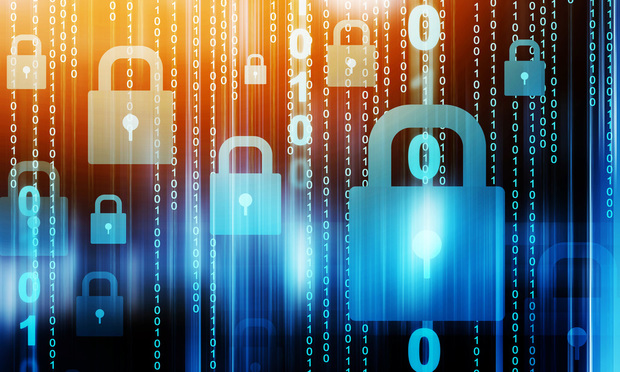Since the onset of the Digital Revolution in the latter half of the 20th Century, technology has transformed many aspects of the human condition. Our physical borders have become more porous, our exposure to outside influences is greater, our capacity to perform multiple activities has been exponentially enhanced and our interactions are more fluid. In some ways, power and influence have been “democratized” by this phenomenon and the mechanisms to significantly affect large segments of society are available to anyone with a laptop, a wi-fi connection and the technical savvy to manipulate the modern tools of change.
This process will continue to evolve for the foreseeable future. As we adapt how we work, play, live, travel, communicate and interact with our environment, many of the traditional norms of our world order will be altered. The very ease with which people, goods and ideas can, digitally, “circumnavigate the globe” renders our control of the physical world into a much more complicated endeavor.







